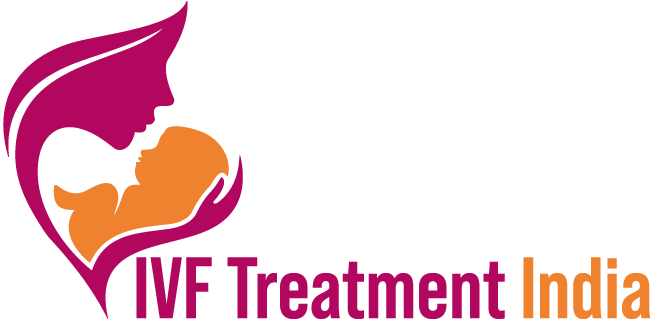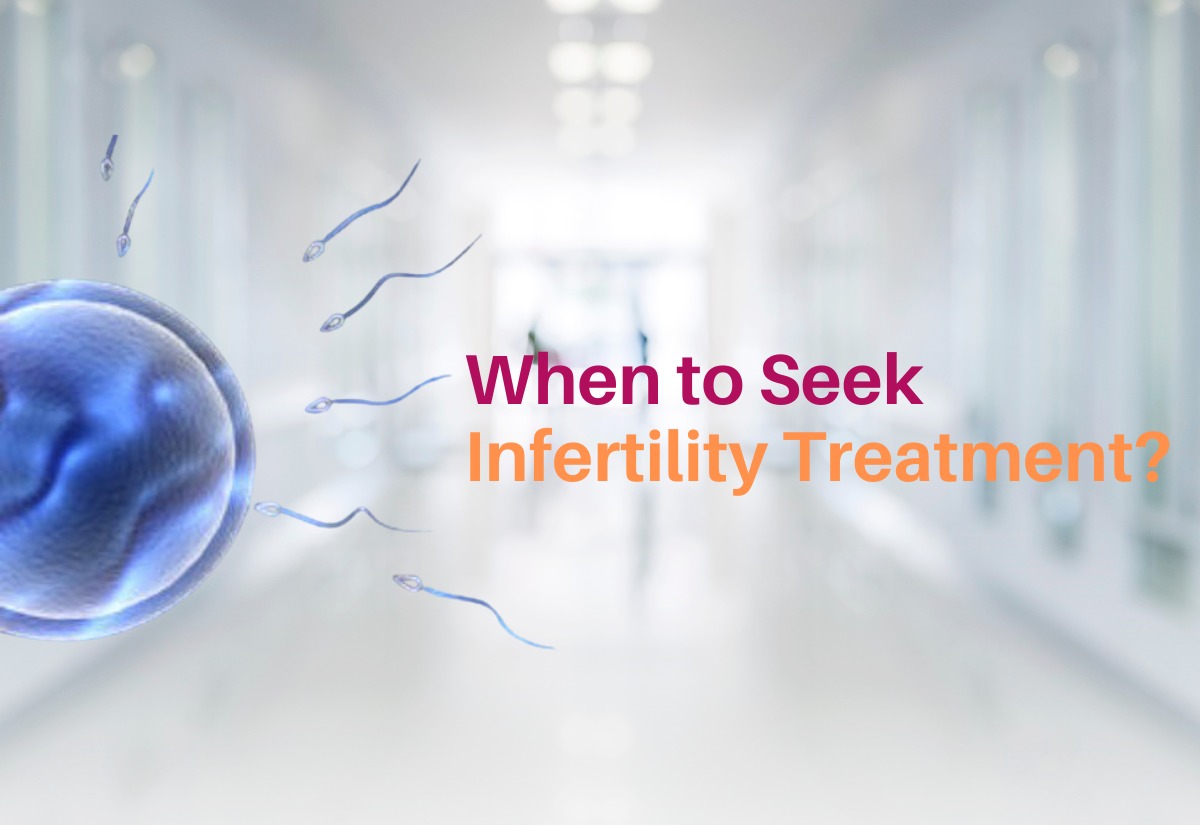When to Seek Infertility Treatment? Understanding the Right Time to Act
When to Seek Infertility Treatment? Infertility can be emotionally overwhelming, but knowing when to seek medical help is the first crucial step toward finding a solution. Many couples delay visiting a fertility specialist, hoping things will improve naturally. However, timely medical intervention can make a significant difference in your journey to parenthood.
In this article, we’ll help you understand the right time to consult a fertility expert, key signs that indicate a potential issue, and why early diagnosis is essential for effective treatment.
What Is Infertility? When to seek it?
Infertility is defined as the inability to conceive after 12 months of regular, unprotected sexual intercourse for couples under the age of 35. For women above 35, the timeline reduces to six months. It can affect both men and women and may be caused by a wide range of physical, hormonal, or lifestyle-related factors.
When Should You Seek Infertility Treatment?
It’s important to pay attention to your body and reproductive health. Here’s when you should consider scheduling a consultation:
1. After One Year of Trying Without Success
If you’re under 35 and have been trying to conceive for over a year without any success, it’s time to seek professional advice. This is the standard timeframe recommended by most reproductive health organizations.
2. After Six Months if You’re Over 35
Age plays a crucial role in fertility. For women aged 35 and above, the fertility window starts to narrow. Therefore, if you haven’t conceived after six months of trying, don’t wait—schedule a fertility evaluation immediately.
3. Irregular or Absent Periods
Menstrual irregularities are often signs of ovulation problems or underlying hormonal imbalances such as PCOD or thyroid disorders. If your periods are infrequent, unpredictable, or absent, it’s best to see a fertility specialist.
4. History of Miscarriages
Experiencing two or more consecutive miscarriages warrants a detailed fertility workup. Recurrent pregnancy loss may be linked to genetic, uterine, or hormonal issues that can be addressed with proper treatment.
5. Known Medical Conditions
If you have been diagnosed with conditions like endometriosis, fibroids, blocked fallopian tubes, or low sperm count, it’s advisable to consult a fertility expert even before you start trying.
6. Pain During Periods or Intercourse
Severe pain during menstruation or sex may indicate underlying gynecological issues such as endometriosis or pelvic adhesions—both of which can affect fertility.
7. Previous Pelvic Surgery or Infections
Surgeries involving the ovaries, uterus, or fallopian tubes, or a history of pelvic infections (like PID or tuberculosis), can increase the risk of infertility. Early consultation can help prevent complications.
8. Male Factor Concerns
Infertility is not just a female concern. Men with a history of low sperm count, varicocele, undescended testicles, or hormonal imbalances should undergo semen analysis and evaluation.
Why Early Diagnosis Matters
Delaying treatment can reduce the effectiveness of fertility options, especially with increasing age. On the other hand, early intervention:
- Increases the chances of natural conception
- Helps detect and treat underlying issues
- Reduces emotional and financial stress in the long run
- Offers access to advanced treatments like IUI, IVF, ICSI, and more
How India Offers World-Class Infertility Care
India has become a global hub for infertility treatment, offering:
- Advanced fertility technologies at affordable costs
- Expert reproductive endocrinologists and embryologists
- High success rates for IVF and related treatments
- Complete support for international patients
- Customized treatment plans based on individual diagnosis
Conclusion
Fertility struggles are more common than you might think—and you are not alone. The key is knowing when to act. If any of the signs above resonate with you or if you’ve been trying to conceive without success, don’t hesitate to reach out.
At IVF Treatment India, we are committed to helping couples achieve their dream of parenthood through world-class fertility care, compassionate support, and scientifically backed treatment plans.
Frequently Asked Questions (FAQs)
Q1: Can stress cause infertility?
Yes, chronic stress can impact hormonal balance and ovulation, affecting fertility in both men and women.
Q2: Is infertility always permanent?
Not necessarily. With proper diagnosis and treatment, many couples overcome infertility and conceive successfully.
Q3: What tests are involved in infertility diagnosis?
Initial tests may include hormone profiling, ultrasound, semen analysis, hysterosalpingography (HSG), and more depending on the case.
Q4: How much does infertility treatment cost in India?
Treatment costs vary based on the procedure (e.g., IUI, IVF, ICSI). India offers high-quality fertility care at significantly lower prices compared to many other countries.
Q5: Can I get infertility treatment in India if I live abroad?
Absolutely. IVF Treatment India offers full support for international patients, including medical visa assistance, travel coordination, and language interpretation.
Read More: IVF Treatment in India

